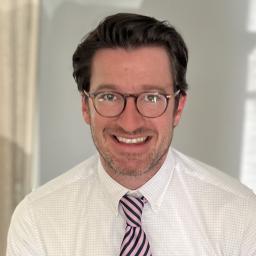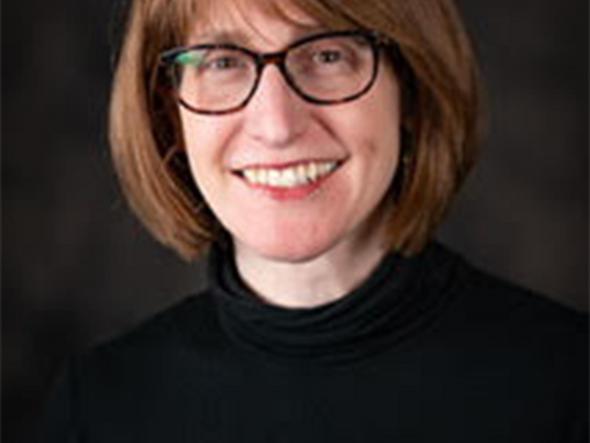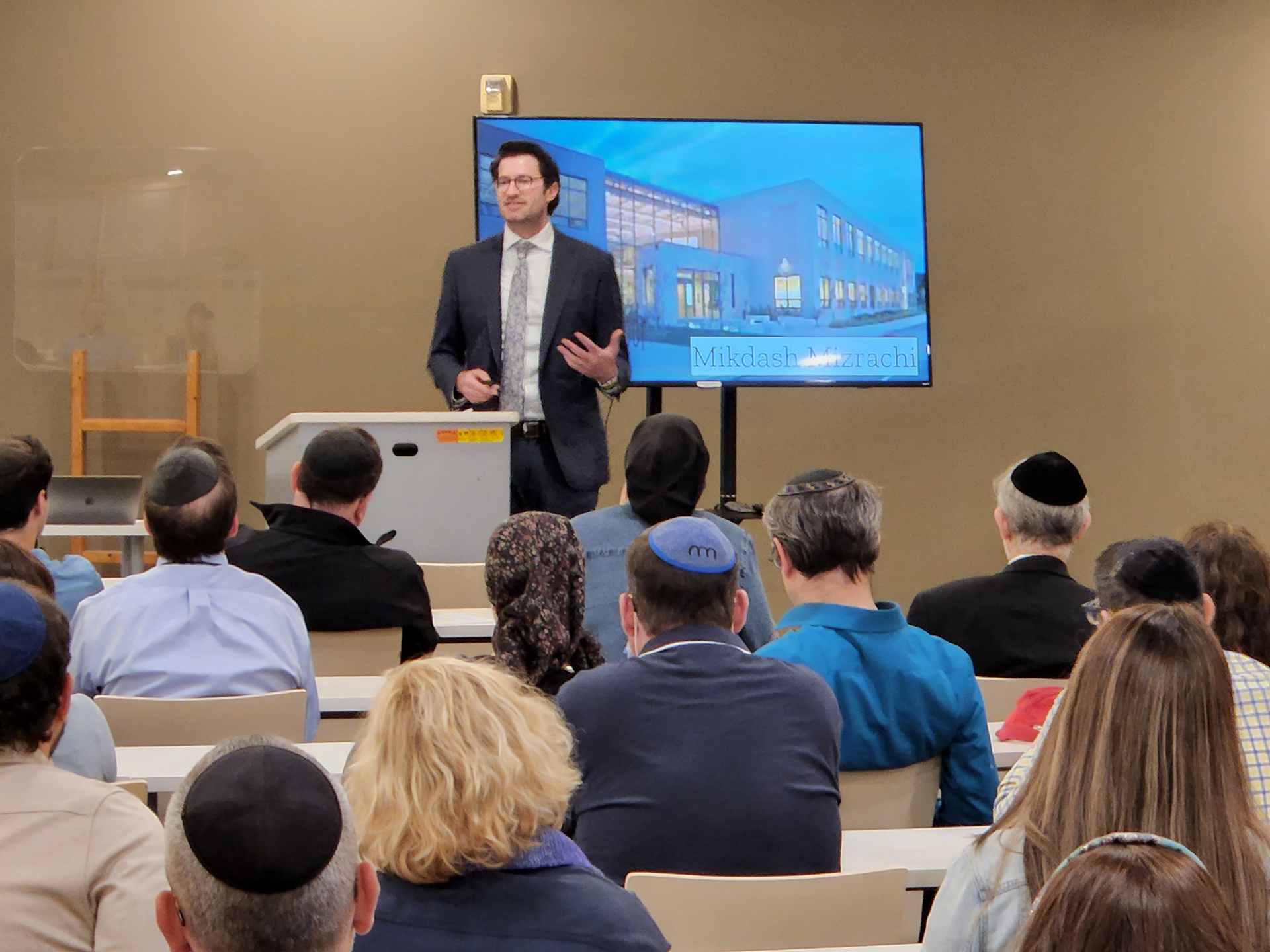The Talmud states, “Eizehu chacham? Ha-ro’eh et ha-nolad.” Who is wise? The person who can anticipate the outcome (Tamid 32a). Shalvat HaNefesh (tranquility of the mind/soul) is an opportunity to engage all members of our high school community, students, teachers and parents, in essential but often neglected discussions surrounding adolescent health and wellness. This initiative brings together experts in the fields of physiological well-being and mental health to spark monthly communal conversations around fundamental topics in human flourishing and wellness.
Each month features a designated topic and a field expert to design both an in-school experience for students as well as an evening program for parents facilitated by school teachers and leadership. These are vital conversations and topics that often get pushed aside due to a perceived lack of urgency, relative to educational goals. However, these broader areas of growth and development are critical for the well-being of our children and broader school community. We decided to create Shalvat HaNefesh to balance our educational focus with students’ emotional, social and spiritual needs.
Goals
There are three broad goals of this initiative:
- To engage students, teachers, parents and our broader community in conversations around adolescent health and wellness.
- To bring together experts in adolescent development together with our own expertise as parents and educators to help all of our children thrive.
- To focus on conversation and contribution. Every presentation will be followed by a small group or panel discussion to share our own experiences and ask questions directly related to our lived experiences as parents and educators so that we can best support the young people in our lives.
The Program
This year, our overarching theme is technology, social media and adolescent wellbeing. We are planning to organize four high school community symposiums to address this very important topic, frequently misunderstood by students and adults alike. Each symposium has a high school student program during the day followed by an aligned program for parents and the broader community that evening, which students are invited to attend as well. The hope is to raise awareness and intentionality around technology and social media use and to help our young people, and the adults in their lives, interact with technology in a healthier way.
The first symposium introduces our school’s partnership with The Social Institute, an organization that provides schools with resources and regularly updated current trends in adolescent technology and social media usage. Our growth coaches (our version of advisory) are facilitating these sessions with our students. The evening presentation, led by one of the leaders of the Social Institute, explains their philosophy, which centers on being more mindful, intentional and grounded in our technology use. This aligns with our school’s philosophy and values on technology, that it is not an evil that we must censor and ban. Instead, we need to build a proactive educational framework to help our students develop the necessary executive functioning and social-emotional skills to interact with technology and social media more positively and productively.
Dr. Lisa Damour, internationally recognized child and adolescent expert and author, joins us in the second symposium to speak practically about how parents can best connect with their kids around technology and create healthy boundaries, limits and usage protocols.
In the third session, we are renting a movie theater to watch the documentary The Social Dilemma, followed by a panel discussion comprised of mental health and educational professionals to critically analyze the way social media tracks our data and incentivizes addictive dependency.
The fourth session is exclusively dedicated to the topic of adolescent sleep. We are partnering with a group of local sleep doctors to discuss healthy sleep habits and ways that families can support their children in addressing this critical area of adolescent wellness.
We look forward to engaging in this holy and meaningful work and sparking important conversations and thought with our broader school community to ultimately help every teen thrive.





